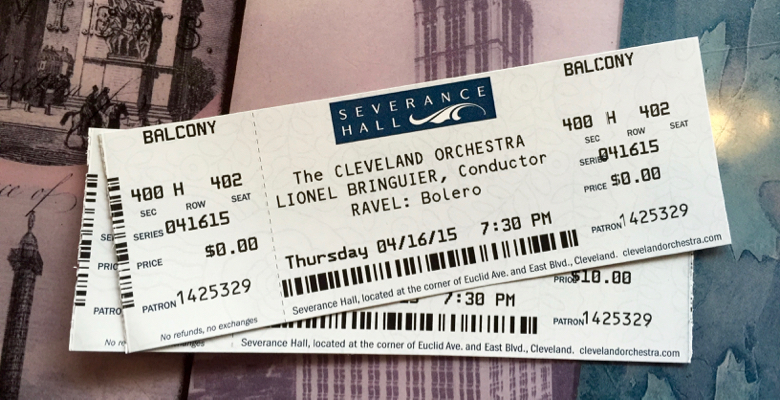What Does the Audience Want?

What is an orchestra audience paying for, exactly?
Why would an art lover buy a painting from a local artist?
When a college freshman visits his academic advisor, what is he hoping to find?
The answers seem self-evident: Music, art, and information, respectively. Duh.
But we’re missing a crucial ingredient.
Well-Executed Art Isn’t Enough
If a classical music lover just wanted to hear her favorite piece played well, she’d buy a pair of Grado headphones, open a bottle of wine, and listen to old Chicago Symphony recordings in her living room.
But she doesn’t. She gets dressed up and drives 45 minutes to the symphony instead.
If an art lover simply wanted to see the greatest paintings ever made, there’d be no local artists, just posters of Starry Night and Girl With a Pearl Earring.
If a college freshman just needed to be told what classes to take, I wouldn’t have a job.
So what’s this missing ingredient?
Connection.
Art Is About Connection
They don’t always realize it, but people don’t just want well-executed art. Human beings seek a connection.
The symphony attendee watches the musicians labor and sweat, and she sees the total concentration in the conductor’s furrowed brow. She sees 100 people working hard to bring the music to life for her, and she shows her appreciation with fervent applause. A connection is formed.
This is also why people hire wedding bands to play “Shout,” “Sweet Caroline,” and “Don’t Stop Believin’” when they could hire a DJ to play the original recordings for half as much money. A good DJ can pack the dance floor, but a great wedding band connects with the audience and connects the audience to each other.
In my living room, there’s a landscape painting by a friend of mine, a great local artist. She’s a highly-trained painter, but I’m not really capable of appreciating her painting chops. What I like about the painting is how beautifully it captures the north Missouri landscape in winter. The painting connects me to this time and place, to this period of my life, and to the painter. Who needs a Rembrandt?
The first-year college students I advise don’t simply want to be told what classes to take. They can look that up in the university catalog. My students want to be asked where they’re from and how their semester is going. They want to feel listened to. They want someone to get them. As soon as academic advising becomes about simply imparting information, the profession is doomed.
If there’s no connection, if all we’re selling is the product, we’re in trouble.
So when in doubt, connect.